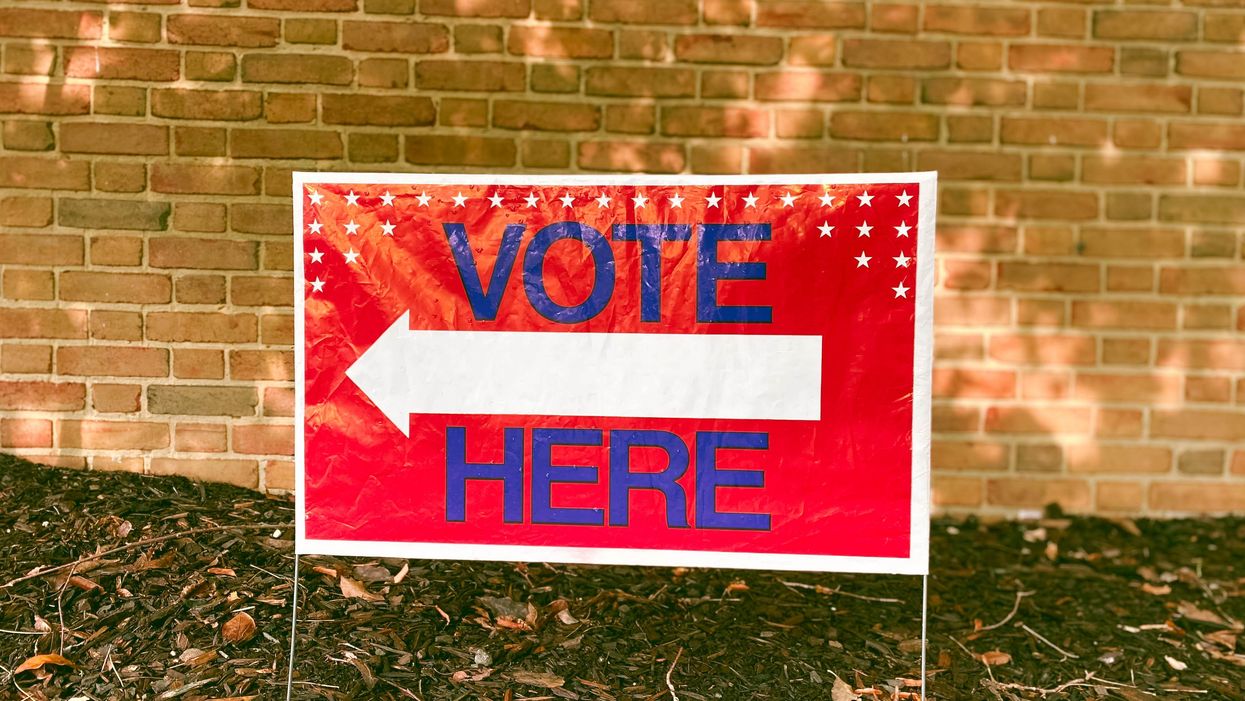The pace of the drive to curb voting across the country is surging, despite the polarizing reaction to the sweeping election restrictions just enacted in Georgia.
The numbers so frequently cited with alarm by voting rights advocates in recent weeks — 253 bills proposed to make it tougher to participate in democracy in 43 states — were calculated by the Brennan Center for Justice. But the progressive think tank reported Thursday that those metrics have become woefully outdated:
In little more than a month, it calculated, the amount of restrictive legislation has soared 43 percent — to 361 bills now pending in 47 legislatures, almost all proposed by Republicans.
Many of the measures stand no chance of enactment, especially those proposed in Democratic-run capitals. And the number of measures proposed to enhance voting rights has also gone up in the past month, while Virginia, New York, New Jersey, Massachusetts and Montana have all enacted laws to ease ballot access to various degrees.
But democracy reform advocates generally see the legislative activity as a cause for much more pessimism than optimism, especially because momentum for restrictive bills has been growing in Republican-run states that are electoral battlegrounds and have large shares of Black and Latino voters.
Just this week, bills to limit voting by mail, intensify voter ID requirements and otherwise complicate access to the ballot box have advanced in Texas, Arizona, Michigan, Tennessee and Kansas.
Their authors all say their motive is to boost election security and prevent cheating, even though an exhaustive search for evidence of fraud in 2020 turned up nothing of consequence after President Donald Trump claimed he'd been robbed of re-election.
Democrats say the effort is really about suppressing turnout in order to boost GOP prospects at the polls. They say the only silver lining is to underscore the urgency of creating comprehensive federal rules making it easy to register and vote nationwide.
That's the core goal of the party's good-governance package — dubbed the For the People Act, and labeled HR 1 and S 1 in the respective chambers — which has passed the House but faces a blockade in the Senate so long as the filibuster remains in full force.
Enactment would supersede most election rules in the states — including the bulk of the multifaceted package enacted last week in newly purple Georgia, much of a similarly sweeping law that went on the books last month in Iowa, the fresh voter ID laws in Arkansas and a new law making it easier to purge voter rolls in Utah.
If Congress deadlocks on its bill, the future of voting rights will be fought entirely in state capitals. Fearing that outcome, the UCLA Voting Rights Project this week released model legislation for progressive lawmakers to propose to bolster access to the ballot.
And iVote, a liberal advocacy group that's spent generously in recent campaign years, announced plans to raise and spend $10 million in 2022 to defeat state legislators behind restrictive legislation.
"Legislators in Georgia and across the country should know that if you use the power of your office to make it harder for people to vote, we'll make sure you no longer hold office," said the group's president, Ellen Kurz.
Although Biden last fall became the first Democratic presidential candidate to carry the state in seven elections, and Jon Ossoff and Raphael Warnock in January took both the state's Senate seats from the GOP, Republicans still have solid control of the General Assembly.
Many of Georgia's most prominent companies stayed on the sidelines as the voting curbs measure advanced. But under pressure from their customers, a coalition of powerful Black executives and civil rights groups — who have already filed three different federal lawsuits against the law — both Coca-Cola and Delta Air Lines on Wednesday denounced the new rules.
"The entire rationale for this bill was based on a lie: that there was widespread voter fraud in Georgia in the 2020 elections," said Delta CEO Ed Bastian. "This is simply not true. Unfortunately, that excuse is being used in states across the nation that are attempting to pass similar legislation to restrict voting rights."
President Biden on Wednesday said he would "strongly support" Major League Baseball moving its All-Star Game from Atlanta this summer to protest the new law. On Thursday GOP Gov. Brain Kemp called that idea "ridiculous."




















